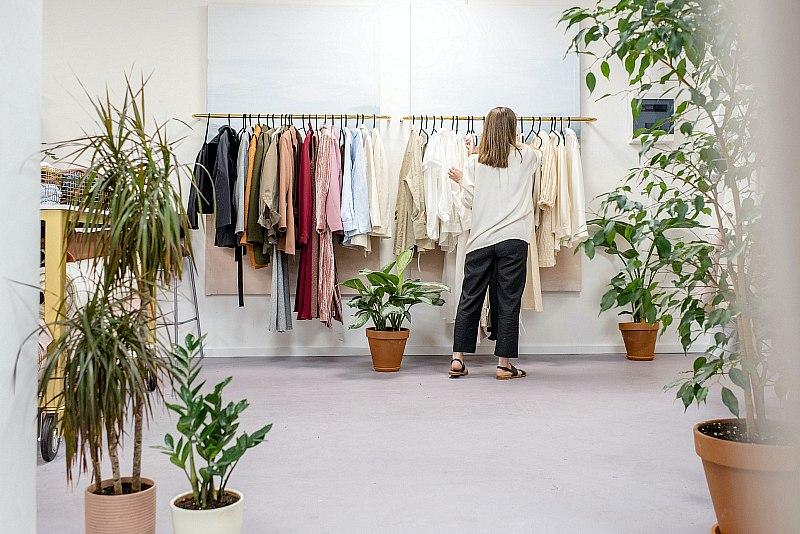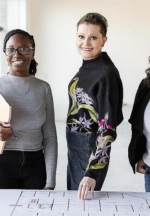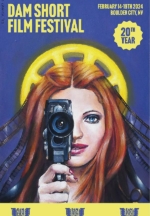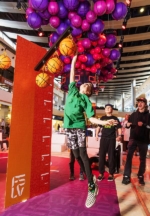
Costume design plays an essential role in the world of film and television, bringing characters to life through carefully curated wardrobes that reflect their personalities, backgrounds, and narratives.
Far more than just clothing, costumes can convey powerful messages and emotions, contributing to the overall storytelling experience.
In this blog post, we will explore the captivating world of costume design, delving into the creative process, challenges, and lasting impact of this intricate art form on both the entertainment industry and the fashion world.
The Creative Process: From Script To Screen
The costume design journey begins with a thorough analysis of the script, as designers immerse themselves in the story to develop a deep understanding of the characters and their motivations.
This research stage may also involve examining historical references, fashion trends, cool outfits and cultural influences to create an authentic visual representation of the characters and the world they inhabit.
Next, designers collaborate with directors, producers, and actors to develop a cohesive vision for the characters’ wardrobes. This process often involves sketches, mood boards, and fabric swatches to communicate ideas and refine concepts.
Once the designs are approved, costume designers and their teams set to work, sourcing, constructing, and fitting costumes to ensure they meet the aesthetic and practical requirements of the production.
Challenges And Problem-Solving
Costume design is a complex and demanding field that requires exceptional creativity, attention to detail, and problem-solving skills. Designers must balance aesthetic considerations with the practical demands of the production, such as actor comfort, ease of movement, and costume durability.
They must also adapt to unexpected changes in the script, shooting schedule, or budget constraints, requiring flexibility and resourcefulness.
Another challenge lies in achieving historical accuracy while still creating visually compelling and relatable costumes for contemporary audiences.
This often involves striking a delicate balance between authenticity and artistic interpretation, resulting in costumes that are both captivating and true to the period or setting.
The Influence Of Costume Design On Fashion Trends
Costume design has long had a significant impact on the fashion industry, with many iconic film and television wardrobes inspiring real-life fashion trends. For example, Audrey Hepburn’s timeless elegance in “Breakfast at Tiffany’s” and Sarah Jessica Parker’s eclectic style as Carrie Bradshaw in “Sex and the City” have left lasting impressions on fashion enthusiasts worldwide.
These influential designs often spark new trends, with elements of the costumes making their way onto runways and into everyday wardrobes.
Recognizing Excellence In Costume Design
The importance of costume design in film and television is acknowledged through various prestigious awards, such as the Academy Awards (Oscars) and the Costume Designers Guild Awards.
These accolades celebrate the creativity, skill, and dedication of costume designers who have made a significant impact on the visual storytelling of their respective productions.
Notable Costume Designers And Their Contributions
Throughout the history of film and television, numerous costume designers have left an indelible mark on the industry with their innovative and captivating work. Some notable designers include:
- Edith Head, an eight-time Oscar winner, known for her work on films such as “Roman Holiday” and “Sabrina.”
- Sandy Powell, a three-time Oscar winner, who has designed costumes for films like “The Young Victoria,” “The Favourite,” and “Cinderella.”
- Ruth E. Carter, the first African-American woman to win an Oscar for costume design, celebrated for her work on “Black Panther.”
These trailblazing designers have not only contributed to the success of the films and TV shows they have worked on, but have also inspired countless designers and fashion enthusiasts.
In Conclusion
Costume design is a vital aspect of film and television production that combines artistry, storytelling, and fashion to create memorable characters and immersive worlds. The creative process behind costume design requires extensive research, collaboration, and problem-solving to balance aesthetics with practical considerations. Costume designers’ work often influences the fashion industry, inspiring trends and shaping our collective sense of style.



















